Overview
Retrace the remote trails and backwaters, where the first European explorers chased tales of El Dorado, on a one-of-a-kind jungle expedition in Guyana. Explore the Rupununi rainforests and savannahs by foot and boat, to the very edge of the Amazon watershed – the river road to the legendary golden cities of Colombia and Peru.
Unlike those lost civilizations, Rupununi gold still endures: giant species of anaconda, armadillo, caiman, capybara, eagle, otter, and tarantula first encountered here, and still here, for you to discover, as we traverse 3 distinct habitats – forest, mountain and river – where few have travelled, and little has changed, since those centuries past.
Itinerary
Arrive in Guyana and transfer to Georgetown. Overnight at the historic Cara Lodge Hotel.
This morning we take a scheduled flight over endless rainforest and North Rupununi savannahs to the border town of Lethem. We travel by 4×4 to the edge of the rainforest, that covers the Kanuku Mountains, and the small Makushi village of Parishara, to meet our English-speaking, experienced indigenous guides. At the forest edge, near a cool flowing creek, we will practice the basics of bush camping: setting up personal camps with hammocks and tarps, jungle safety, and using machetes, before a well-earned fireside dinner with a glass of rum. Overnight in the hammock camp you built.
We head off on our journey and the first full day of hiking in the rainforest, following tiny streams and barely visible trails known only to local hunters. Our guides will lead us through lush tropical rainforest along the foothills of the Kanuku Mountains, one of the least explored places remaining on the planet.
We’ll work alongside our guides to build our camp and then cool off in a nearby stream. There may be an opportunity for a short night walk and exploration before another evening by the fire, surrounded by the darkness and sounds of the jungle. Overnight in the hammock camp you built. BLD
Today we continue our trek into the mountains to Paimu Falls, a small waterfall that flows from a still-unknown source within the Kanukus. This remote and rarely visited area, known for a wide variety of animals, fish, and an abundance of plant species, is only accessible on foot.
As the falls cascade into the low-lying jungle, they form a crystal-clear pool, where we will set up our camp. Overnight in the hammock camp you built. BLD
We will spend a full day at the falls, so we can explore the area. It is also an opportunity for everyone to learn expedition basics: fire lighting, fishing, tracking, preparing food over fire and even diving in the crystal-clear mountain streams to spearfish.
The waterfall itself is ideal for diving and fishing. We will learn traditional skills: how to make a bow and arrow, foraging, preparing fish for the fire, and crafting with forest materials.
In the evening, we will walk with our headlamps to spot some of the many elusive animals of the area. In the past, the falls have yielded sightings of anaconda, dwarf caiman and electric eels. Overnight in the hammock camp you built. BLD
We will spend a full day at the falls, so we can explore the area. It is also an opportunity for everyone to learn expedition basics: fire lighting, fishing, tracking, preparing food over fire and even diving in the crystal-clear mountain streams to spearfish.
The waterfall itself is ideal for diving and fishing. We will learn traditional skills: how to make a bow and arrow, foraging, preparing fish for the fire, and crafting with forest materials.
In the evening, we will walk with our headlamps to spot some of the many elusive animals of the area. In the past, the falls have yielded sightings of anaconda, dwarf caiman and electric eels. Overnight in the hammock camp you built. BLD
Today is our final day of hiking, and we head toward Salipenta Landing on the Rupununi River. We trek on trails through a stretch of forest only travelled a few times a year, by hunters and fishermen from distant villages.
At the river, we farewell our forest guides and join a new crew for our river adventure. We travel in small boats into the remote Mapari River, and before nightfall we arrive at Mapari Wilderness Camp, deep in the Kanuku Mountains. The camp is a rich, pristine, remote site overlooking a clearwater creek. Not your typical lodge, Mapari is an untouched, rarely visited place, where wildlife presents itself around every turn. Our hammock camp overlooks a small waterfall and a natural bathing pool.
Tonight enjoy a hearty meal, cold beverages, and rum served around the campfire overlooking the river. There is a permanent hammock camp here, so there is no camp building tonight! BLD
The camp is nestled at the base of Mapari Falls, a breathtaking setting renowned as one of the finest wildlife destinations in Guyana. Your indigenous guides possess a deep knowledge and understanding of the area and its wildlife, ensuring an unparalleled experience.
While we never guarantee specific animal sightings, Mapari is known for its exceptional opportunities, home to the world’s largest eagle, the Harpy. Close by is the world’s heaviest spider, the Goliath bird-eating spider and along the creek, typical encounters include a diverse range of snakes hanging from the trees, along with numerous mammals, birds, and reptiles of many sizes and species.
This part of our journey is highly customizable and the group may choose to split up based on different interests. Whether you prefer hiking through the forest, fishing, or simply cooling off and relaxing by the refreshing waterfalls, we can accommodate your preferences. You can join a river drift at dawn and dusk looking for wildlife or spotlighting night drifts and hikes in search of nocturnal species are also on offer. BLD
There will be time for one morning activity, which can be wildlife spotting, a short hike or a final go at fishing before we start packing down our equipment.
Early afternoon we head off on our final boat journey, which will be a slow, scenic descent from the mountains to the savannahs, first along Mapari River, and then onto the Rupununi River, looking out for wildlife on the way.
Eventually, we will arrive at the indigenous village of Yupukari. At Caiman House Research Station, a community-owned and operated eco-lodge in the heart of the village, we will at last have the opportunity to enjoy a refreshing shower, actual beds, and the amenities that we have been without during our time in the jungle.
As a guest you have the unique opportunity to support and participate in an ongoing field study of the Black Caiman (Melanosuchus niger), the largest member of the alligator family and an endangered species. You are invited to accompany the indigenous crew as they search for and capture Black Caiman on the river. Guests will observe the capture from a separate boat, but will be offered the opportunity to assist in data collection. Caiman are weighed, measured, sexed and tagged before being released back into the river. The research has already discovered interesting information on caimans’ nests that was previously unknown. Overnight at Caiman House. BLD
This morning we travel across the savannah to Lethem for a scheduled flight back to Georgetown.
This evening, we will join Chef Delven Adams at his famous Backyard Café for an authentic Guyanese meal. Overnight at Cara Lodge. BD
Today take a scheduled flight over the Demerara and Essequibo Rivers and hundreds of miles of unbroken tropical rainforest to land at Kaieteur Falls, the world’s highest free-falling waterfall.
Kaieteur which was first seen by a European on April 29, 1870 is situated in the heart of Guyana on the Potaro River, a tributary of the Essequibo. The water of Kaieteur flows over a sandstone conglomerate tableland into a deep gorge – a drop of 741 feet or 5 times the height of Niagara Falls.
There are no other falls in the world with the magnitude of the sheer drop existing at Kaieteur. Amerindian legend of the Patamona tribe has it that Kai, one of the tribe’s chiefs (after whom the falls is named), committed self-sacrifice by canoeing himself over the falls. It was believed this would encourage the Great Spirit Makonaima to save the tribe from being destroyed by the savage Caribishi.
Kaieteur supports a unique microenvironment with Tank Bromeliads, the largest in the world, in which the tiny Golden frog spends its entire life and the rarely seen Guiana Cock- of-the-rock nesting close by. The lucky visitor may also see the famous flights of the Kaieteur Swifts or Makonaima Birds which nest under the vast shelf of rock carved over millions of years by the black water of the Potaro River.
Optional Service (not included in package rate, add to your tour at checkout):
Evening Seawall, Bars and street food experience
Every Sunday evening Georgetown’s Seawall comes alive as families, courting couples and friends promenade along the seawall, enjoying the Atlantic sea-breeze. The narrow strip becomes a hive of pop-up cocktail bars, street food vendors, blaring Caribbean music and parties spilling out of the trunks of cars. This excursion takes you into the heart of the scene visiting various bars and enjoying street food, with your guide, who knows all the best places. We will also visit other local bars around the city, looking for what is popular, traditional or unusual. Every Sunday is a new experience, tailored around the group and the level of immersion into the local culture they wish to enjoy.
Overnight at Cara Lodge. B
Free day in Georgetown or take an optional tour.
Optional Service (not included in package rate, add to your tour at checkout):
Hoatzin & Coastal Shield Endemics
0430 – 0445hrs pickup by your guide and driver at Cara Lodge and travel eastward from Georgetown along the Atlantic coast to the Mahaica River.
The narrow winding road to the landing runs parallel to the river and takes us through an area that is mainly used for the cultivation of rice and other crops. Fortunately for us, the area along the river has been well preserved and provides an excellent riverfront ecosystem inhabited by flocks of egrets, herons, ibis, various marsh tyrants, and Guyana’s national bird, the Hoatzin. Howler Monkeys also frequent these riverside trees. Giant River Otters are also often seen in the river.
Upon arrival at the river landing, you may enjoy a cup of coffee or tea before heading out onto the river. The river offers a rare chance to see the range-restricted Blood-colored Woodpecker which has been badly affected by habitat loss in the ‘Guianas’ coastal region.
This river is one of the best places to spot Guyana’s national bird, the Hoatzin (Opisthocomus Hoatzin), also known as the Stinkbird, or “Canje Pheasant”. This odd bird is an unusual species of tropical bird found in swamps, riverine forest and mangrove between the Amazon and the Orinoco delta in South America. It is a pheasant-sized bird about 65 cm (25 in) long, with a long neck and small head. The Hoatzin is herbivorous; it eats leaves and fruit, and has an unusual digestive system with an enlarged crop which functions as a rumen. It also produces a horrible smell to scare away potential predators, hence one of its local names.
After our tour we will have breakfast before returning to Georgetown. On the way we will make a brief stop to look for shore birds on the mudflats beyond the seawall. Flocks of Scarlet Ibis, Herons and Egrets are common here as is the rare endemic Rufous Crab-Hawk.
Transfer to the airport for your departing flight. B
Included
- Airport transfers
- Double or twin accommodation
- Camping accommodation
- Meals as listed
- All road and river transfers
- Internal flights in Guyana
- Activities as described
- Local guides
- VAT
- Village fees
- Kaieteur National Park fee
- Jungle kit (see below)
Not included
- Items of a personal nature
- Alcoholic drinks
- Excess weight
- International flights
- Visa
- Tips for guides
- Any kind of insurance
AUTHORITY ON TOUR
At all times the decision of the company or its representative will be final on all matters likely to endanger the safety, well being and enjoyment of the tour. Clients must at all times strictly comply with the laws, customs, foreign exchange and drug regulations of all countries visited. Should the client fail to comply with the above or commit any illegal act when on tour or, if in the company’s opinion, the client behaviour causes or is likely to cause danger, distress or annoyance to others we may terminate that client’s travel arrangements without any liability on the company’s part.
TRAVEL DOCUMENTS
The client must be in possession of a valid passport (valid 6 months past the return date), visa (where necessary), permits and certificates including vaccinations certificates, insurance policies required for the journey – the client accepts the responsibility of obtaining these. Any information or advice given by the company on visas, vaccinations, clothing, special equipment, baggage, climate, etc. is given in good faith but without responsibility on the part of the company.
CONDITION RESTRAINTS
You have selected a tour that is, in part, in remote areas. This adds to the adventure and opportunity to enjoy a true nature experience. However, due to the nature of the terrain, weather, road conditions, and other elements beyond our control, some elements of tours may have to be altered. Times of some activities may need to change or even cancelled due to the conditions. If an activity is cancelled it will be replaced with an alternative activity that is more appropriate for the conditions. Advance notice will be given for any changes where possible, although at times changes may be made whilst the tour is in progress.
WILDLIFE SIGHTINGS
With any trip involving wildlife, it is impossible to guarantee a sighting, but each trip is designed around known habitats. Wilderness Explorers will make every effort to ensure a sighting, but cannot be held responsible if no sighting is made due to the wildlife itself, weather, or any other elements beyond our control.
LOCAL CULTURE
Many of the areas to be visited are remote and cultures of the people most likely different from what you are accustomed to. These communities welcome visitors under the conditions that their customs, habits and rituals are respected at all times. Wilderness Explorers will endeavour to provide appropriate guidance to visitors as to correct behaviour whilst in these communities. The company reserves the right to cancel a visitor’s tour, at any time, should their behaviour be inappropriate and offensive to the local communities.
ACCEPTANCE OF RISK & RESPONSIBILITY
Nature and adventure travel is by character, an activity that requires travelling in areas that are often remote and the terrain difficult. Whilst every precaution is taken to ensure the comfort and safety of our customers, these trips do have elements of risk. By taking part in this tour you acknowledge that there are inherent risks and that you are fully aware of the conditions of travel, accommodation and activities offered. You accept that Wilderness Explorers, its staff and sub-contractors cannot be held liable for any accident, illness or similar occurrence. You hereby accept all such risk and release the company from all claims and causes of action arising from any injuries or damages resulting from these inherent risks.
FORCE MAJEURE
The company will do its best to minimise the effects of matters outside its control but cannot accept liability of these matters which include political disputes, industrial action, refusal of visas, border closures, unforeseeable climatic events, epidemics and pandemics, delayed or cancelled flights etc. Wilderness Explorers may change, modify, rebook or cancel a trip for defined force majeure events
TRAVEL INSURANCE
It is the client’s responsibility to obtain adequate personal travel insurance. This insurance should, at a minimum, cover personal accident, medical expenses and repatriation expenses. It is recommended that the coverage extends to include loss of effects, curtailment, cancellation and all other expenses which might arise as a result of loss, damage, injury, delay or inconvenience occurring to the client.
PAYMENT
All rates are quoted in US dollars unless otherwise stated. Rates are correct at the time of publishing, but are subject to change without notice. Due to fluctuating world fuel prices, internal airfares cannot be guaranteed and the rate is therefore subject to change. Every effort will be made to maintain the quoted rate. A deposit of 20% is required to confirm any booking and balance of payment is due 30 days before commencement of the trip.
CANCELLATION BY THE CLIENT
Any cancellation by the client must be in writing and acknowledged by Wilderness Explorers. The date on which the correspondence is received will determine the loss of any monies applicable.
• Cancelled more than 90 days before arrival – full refund, less any money transfer fees.
• Cancelled 60 to 90 days before arrival – 5% administration fee.
• Cancelled 41 to 59 days before arrival – 20%
• Cancelled 31 to 40 days before arrival – 50%.
• Cancelled 2 to 30 days before arrival or no show – 100%.
RESPONSIBILITY
All services are organised by Wilderness Explorers. Notice is hereby given that all arrangements made on behalf of customers are made by the organisers on the sole condition that the organisers shall not be held responsible for any injury, death, accident, delay, loss, damage or irregularity which may be occasioned through acts of any company and /or persons engaged in carrying out the arrangements and Wilderness Explorers acts as an agent for transport companies, hotels and other contractors and shall not be liable for any injury, damage, loss, delay or irregularity that may occur, including, but not limited to, any defect in a vehicle or any other form of conveying a traveller, acts of God, detention, delays or expenses arising from quarantine, strike, riots, theft, force majeure, civil disturbance, government restrictions or regulation, accident by aircraft, boat, bicycle, motor vehicle or any other form of transport or in any hotel, resort, ranch, guest house, camp or other forms of accommodation.
SEVERABILITY
In the event that any term or condition contained herein is unenforceable or void by operation of law or as being against public policy or for any other reason then such term or condition shall be deemed to be severed from this Agreement or amend accordingly only to such extent necessary to allow all remaining terms and conditions to survive and continue as binding.
Kit You Need to Bring:
Torch: Head torches are ideal, especially those with a red filter, which will stop bugs from bothering you at night. Ensure you have spare batteries, both AA and AAA.
First Aid kit: We will have a group med kit, but you need to be able to look after small injuries like cuts and blisters from your gear: You will need Zinc oxide tape, antiseptic wipes, assorted plasters, wound dressings, lip balm, re-hydration sachets, blister dressing, hydrocortisone cream, antifungal foot powder, pain killers, Vaseline. Most high street pharmacists sell a ready-made kit.
Strong string: Paracord is ideal, about 10 meters. It has loads of uses. It must be a dark colour (green) and fine – 5mm maximum.
Insect repellent: Preferably with 50% DEET. No more. 1 x 50ml bottle is ample.
Sunscreen: Including sunblock if necessary. Get UVA & UVB sunblock, no more than factor 30 which is waterproof and non-scented, so as not to attract insects.
Sarong / Towel: Multiple uses include a towel and hiding your modesty! The neoprene, water-absorbent travel towels are good, but a small normal towel is fine, though a sarong is best.
Sandals: Do not bring the flip flop variety or diving/surfboard slipper type. You will need to wear them when swimming in rivers so need to be fixed to your feet as Teva type do, but also allow your feet to dry and air. A pair of Crocs is perfect!
Sun hat: The full brim is best, keeps the sun off in the heat of the day.
Washing kit: Keep to a minimum. Do not use pop-top caps; get screw top otherwise, your toothpaste will explode in your pack – nice! Bring all the sanitary items you need too. A 200ml bottle of liquid soap is ideal. A small pack of wet wipes is also very useful.
What You Wear / Miscellaneous
Boots: Comfortable boots. Do not bring Gore-Tex lined boots. US Army jungle boots or Altberg jungle boots are by far the best. Long boots type can do as well, but bring good socks if using these. After the trip you can always leave them for the locals’ jungle guides, who love them.
Trousers x 2 pairs: Lightweight, which dries quickly and is full leg length. You wear one pair during the day and change into your spare pair for the nighttime. You may want a basic cloth adjustable belt if they do not come with one already. Do not bring leather belts! Do not bring bright colours or flowery patterns. They attract insects.
Shirt x 2: Lightweight, long-sleeved with breast pockets and collar to keep the sun off your neck if possible. Ensure pockets can be buttoned so your gear does not fall out. Do not bring heavier jackets. Ensure shirttails fit into your trousers well and do not always pull out, leaving a nice bit of skin for bugs to bite! You wear one during the day and change it into your spare one for the nighttime.
Underwear x 2 pairs: Whatever is comfortable and quick drying. Non-padded cycling shorts and standard boxer shorts are the best, as they tend to prevent chafing problems. Everyone needs to think about this as chaffing of the thighs is painful, so prevent it with the right underwear. You wear one pair during the day and change into your spare pair for the nighttime.
Socks x 2 pairs: Hiking type. Ensure they do not have too many manmade fibers in them. You wear one pair during the day and change into your spare pair for the nighttime.
Bathing clothes: Bring practical bathing clothes such as shorts, sports bra or similar comfortable and active swimwear to use for bathing and around camp.
Sweat rags: nothing bright or floral!
Watch: Waterproof, alarm and light on it.
Photocopies: A good idea generally when traveling is to have copies of your passport, vaccination card, flight tickets, etc. We will store any valuables and spare kits you do not want to take into the jungle.
Cash: US$ cash is best, we can change it into GY$ cash for you as you cannot get this easily outside of Guyana. Traveler’s cheques and credit cards are no good outside of Georgetown as you need a bank, and you will be at least 450kms from the nearest one in the jungle. Depending on your course and how many souvenirs you want anywhere from US$200 to $400 will suffice.
Vaccination card: Essential, Yellow fever vaccination is required upon arrival, if coming from a country with high risk of Yellow Fever.
Shades: Cooler the better.
Additional / Extra Kit
The following are items you may want to bring but are not essential. Don’t forget you have to keep your luggage weight to 20 lbs/9 kg. or less, if you go over you will be charged US$2.00 per pound.
Cameras/memory stick: Bring it! The main thing is to protect your equipment from the wet and knocks. A bag, which is 100% waterproof, plus a load of silica gel bags to keep moisture down, then pad the lot out with useful items, like a sarong. It is worth the risk! Small, waterproof digital cameras are great, but make sure you have spare batteries, portable chargers, and memory cards, there is limited recharging available. The new Lithium batteries are excellent. AAA/AA/C/D Cell all available now – they last ages! Bring the download cable too. And make sure you bring a decent size memory stick/external hard drive to get everyone’s photos. With GoPro and other movies, it can be around 100GB at times!
Books: For those quiet nights. It would be great if you could bring a few to leave behind so we can build a small library for the local people. Anything at all is great, novels, pictures, biographies, travel guides – anything if they are in English! A kindle is great.
Extra clothes: T-shirts, shorts, warm tops, extra sarong, trousers, shirts, etc. for last night’s drink-up, international travel, and so on.
Goodies: The likes of a favorite snack bar, sachets of coffee, sugar, your favorite tea, and so on. Keep it very basic and to a minimum, it is purely a little luxury for you when you get out of the jungle. If you have a multi-tool like a Leatherman, bring that too. Centrum type multivitamin tablets are a good idea as is a tube of superglue. You never know what precious item will break, like the sole of your boot, and only superglue has a chance of working in the jungle!!
What we will provide:
Hammock: Lightweight, with a built-in mosquito net.
Basha/Tarp: To keep the rain off.
Rucksack: You can bring your own or we will provide it. It needs to be robust and big enough to carry your gear plus group stores. A 75 Liter pack is fine.
Belt kit: PLCE belt to carry a machete, fish kit, fire kit, water bottle, etc.
Iodine: 1 x 20ml bottle of iodine droplets. Do not bring anything else including iodine tablets unless you have an allergy or other such medical problem with iodine.
Blanket: We will provide a lightweight sleeping bag. If you do have your own, please feel free to bring it along, but it must be very small and lightweight.
Hydration bag: They hold 2 or 3 litres. It means you can sip water on the move.
Canoe Bag: To line your rucksack and keep the contents dry during river crossings etc.
Machete/knife: With leather sheath.
Bow and Arrow: Locally made bow and arrow.
Dry bags: Water-resistant bags you use to compartmentalize your kit within your rucksack.
Eating kit: Mess tin and spoon.
Sleeping mat: For powdering your feet under your basha and the likes.
Compass/Whistle: Silva type, marked in degrees and or mils + orange emergency whistle.
Safety kit: As needed and includes climbing helmets, lifejackets, karabiners, light sticks, radios, satellite phones, med kit, rope, etc.
Miscellaneous kit: We will provide all sorts of odds and ends like zip lock bags, duct tape, extra string, fishing kit, etc.
If you have some of this kit yourself and wish to bring it as you are more comfortable with it then that’s fine, bring it.
Please keep your kit to the minimum and as light as possible. Some of the small planes will not take off if you bring the kitchen sink, so it will be left behind.
All the gear you bring with you should weigh no more than 20 lbs/9 kg.
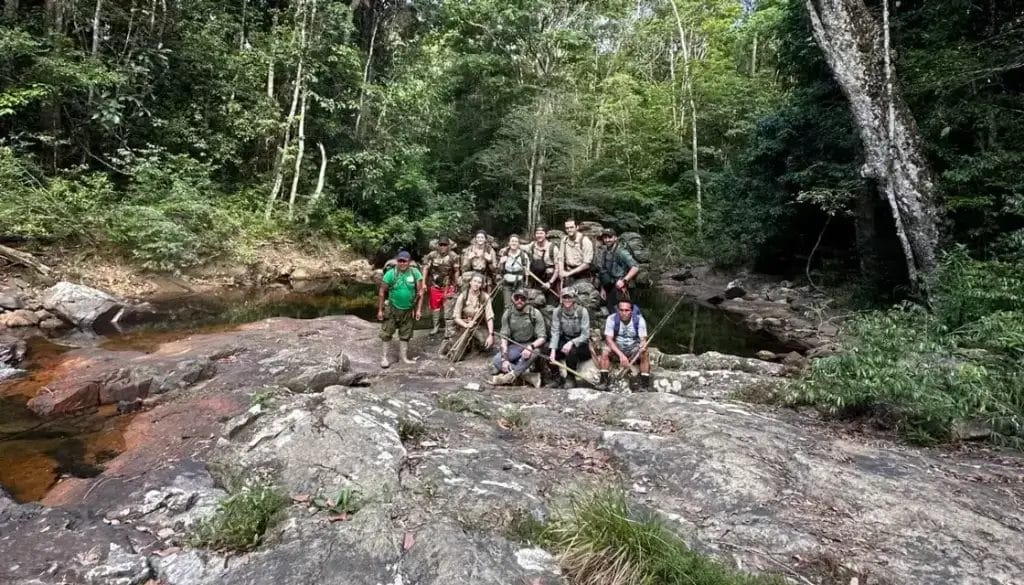

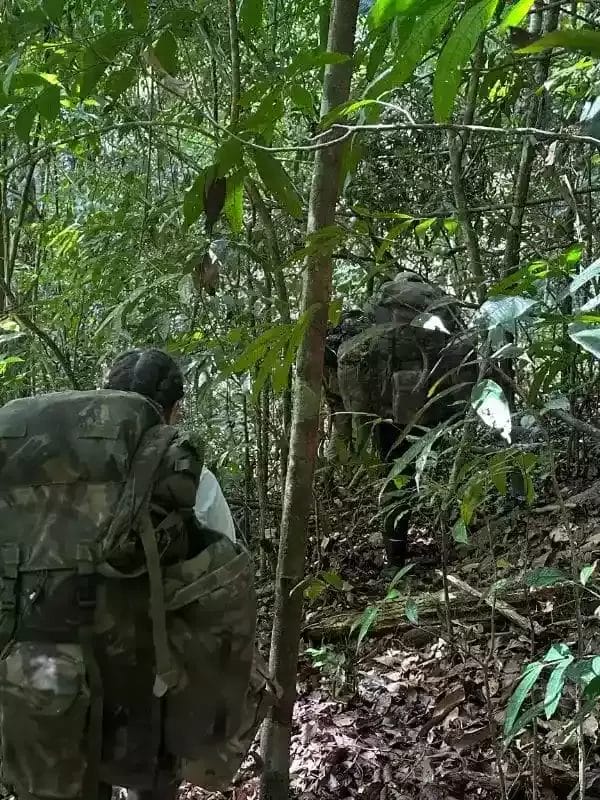

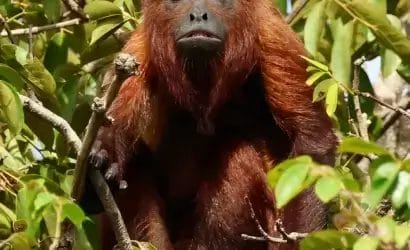


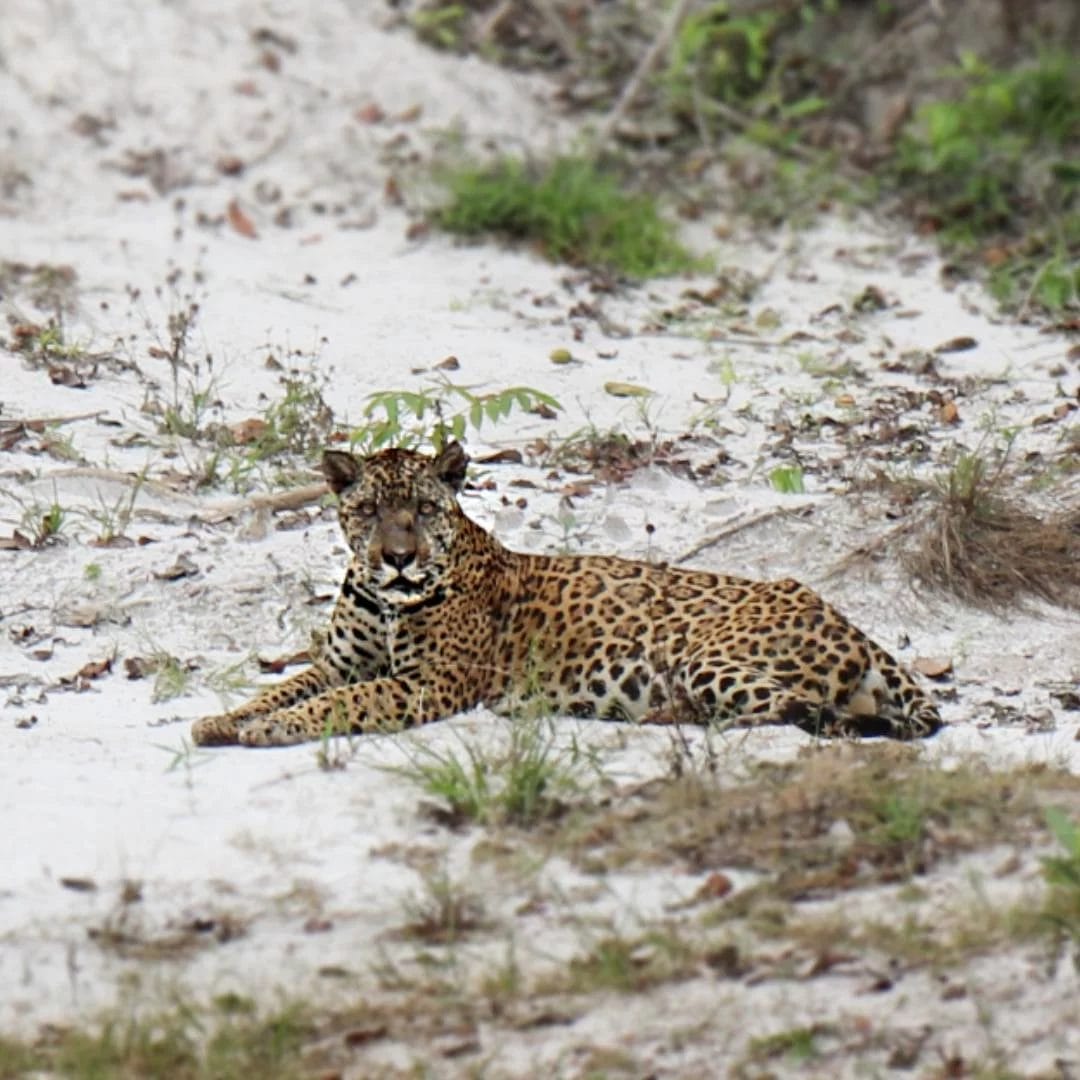
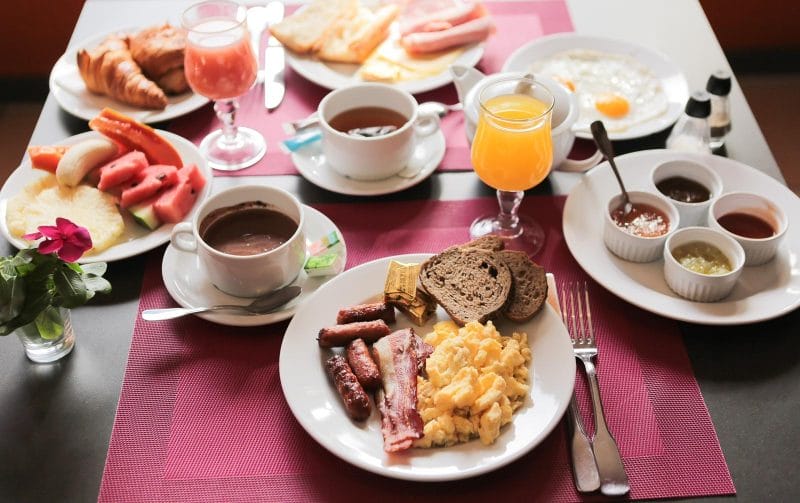
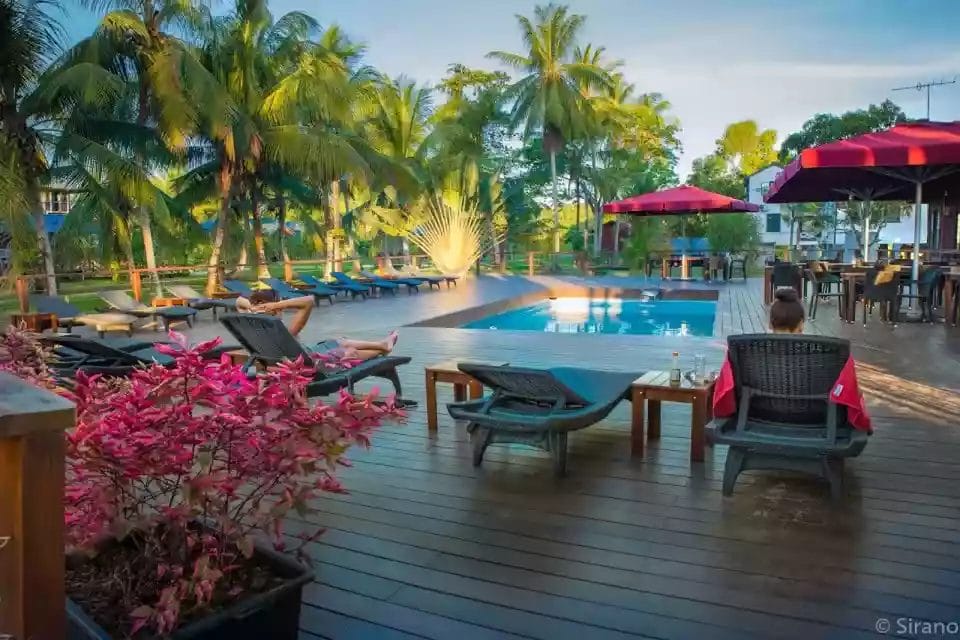
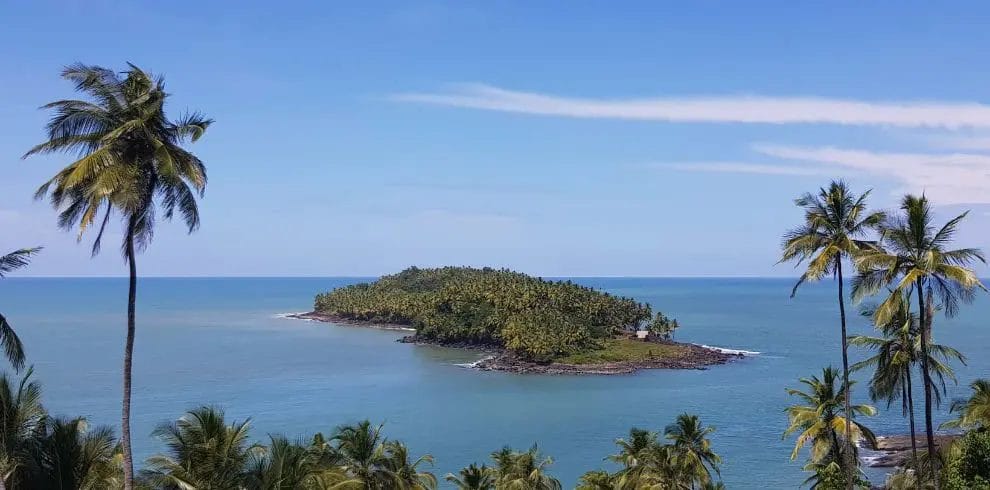
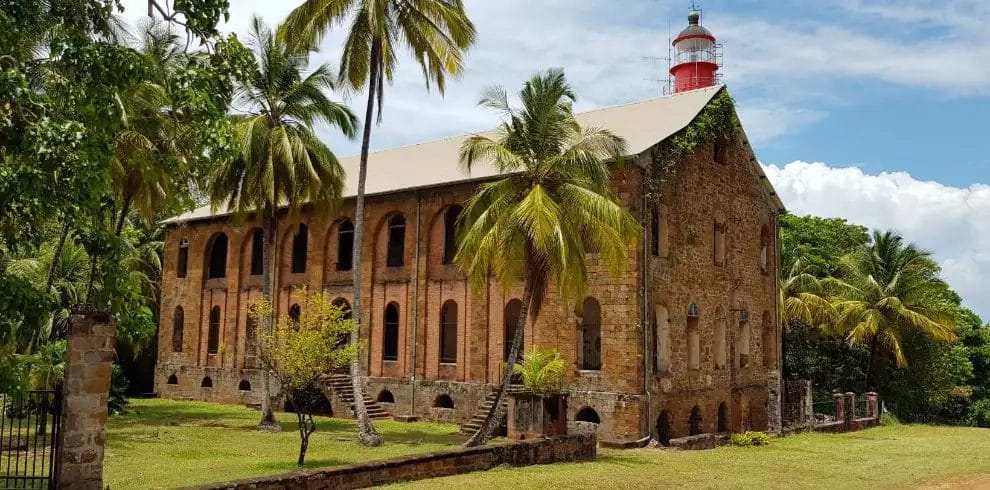


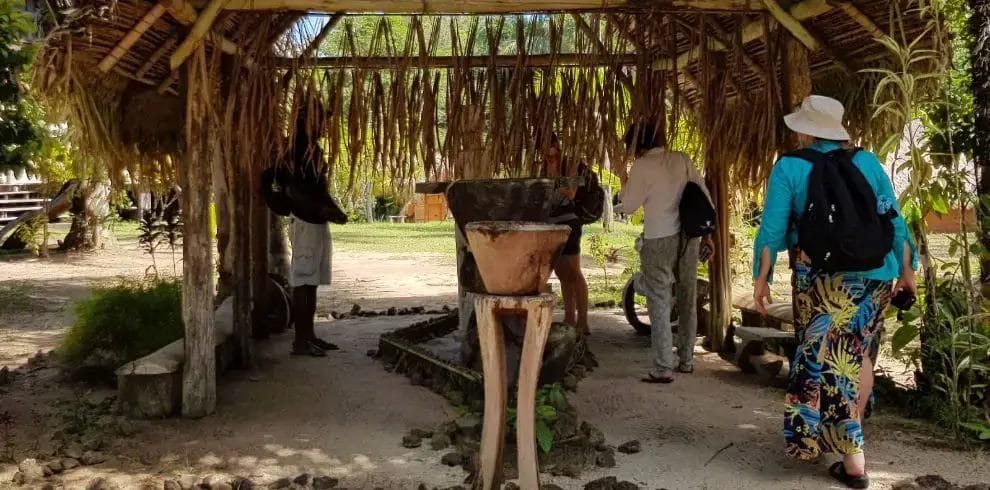
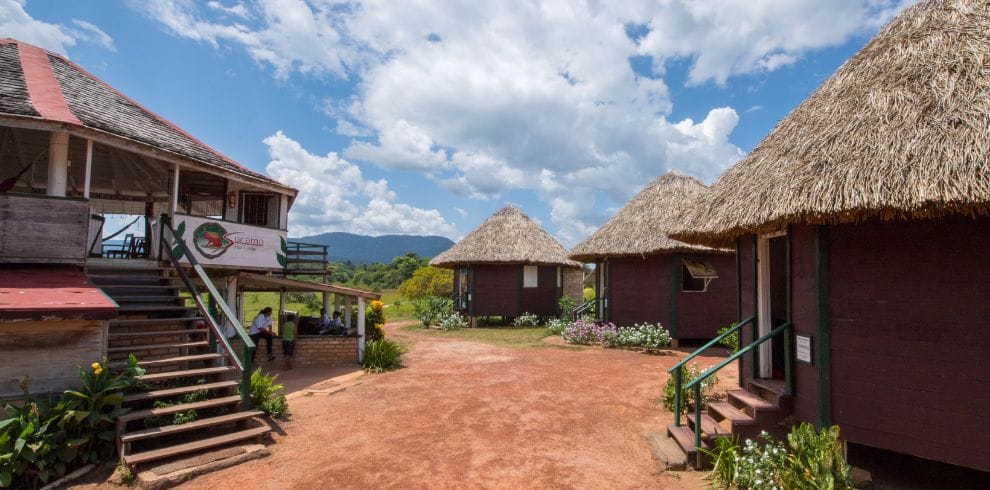



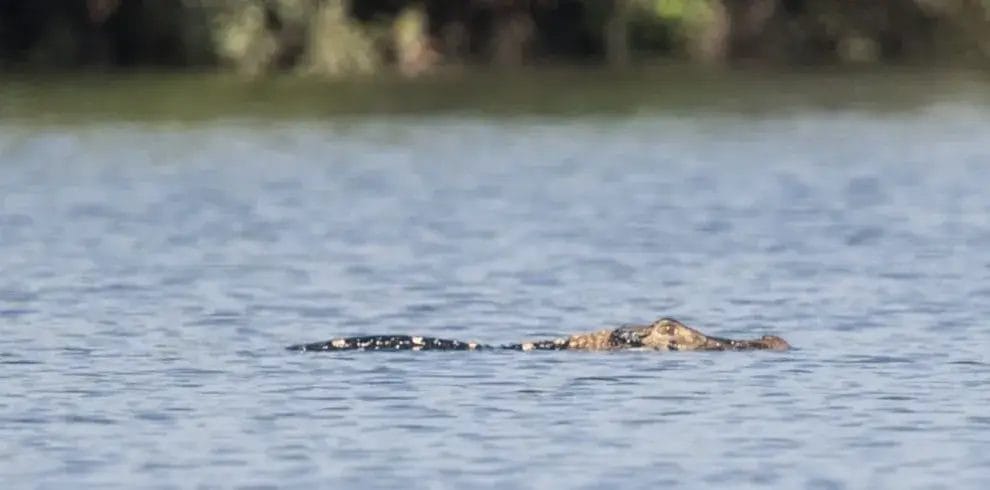
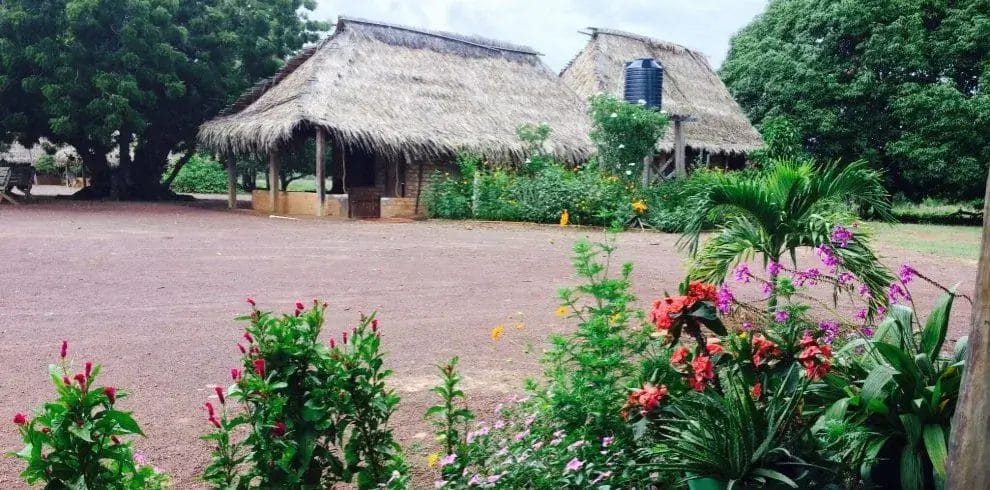
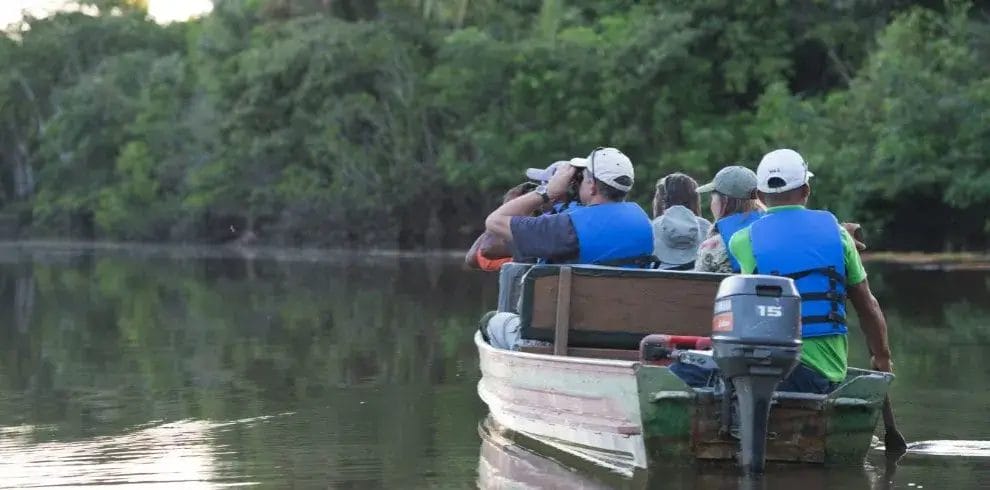
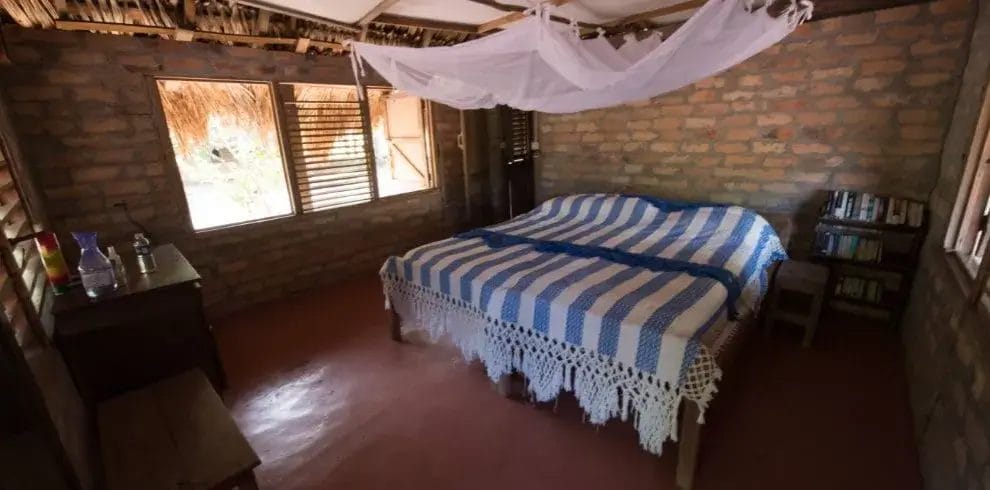
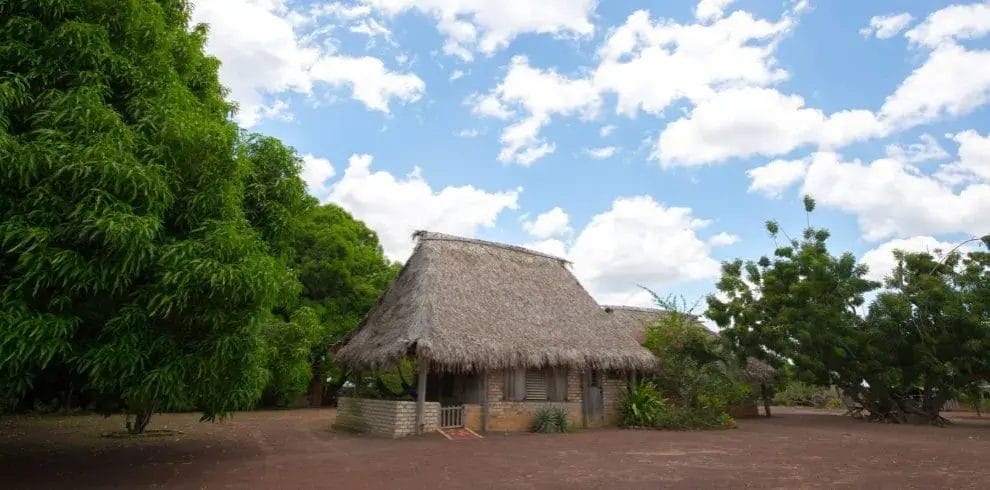
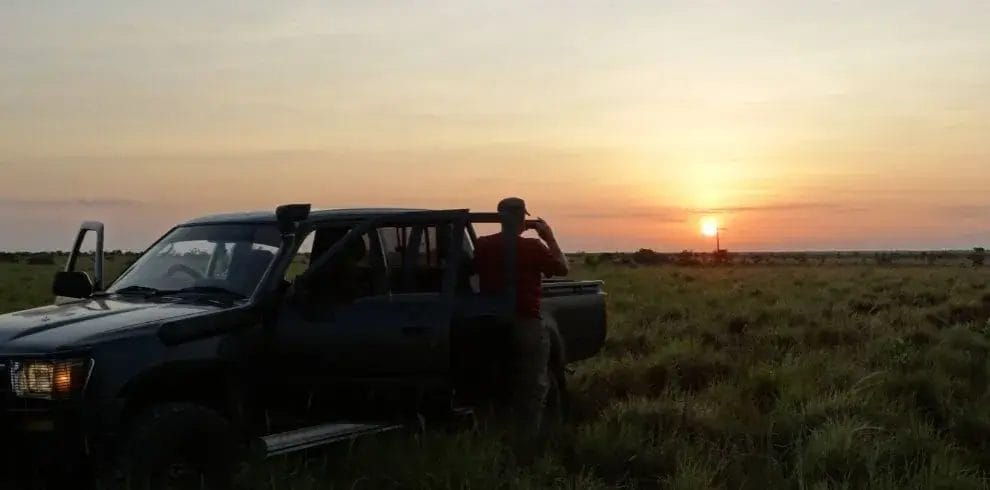


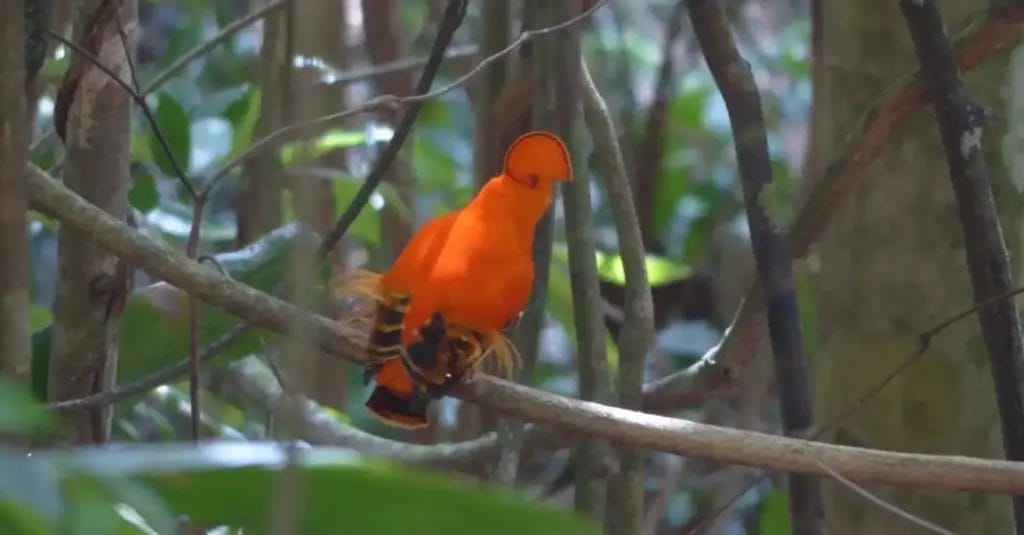
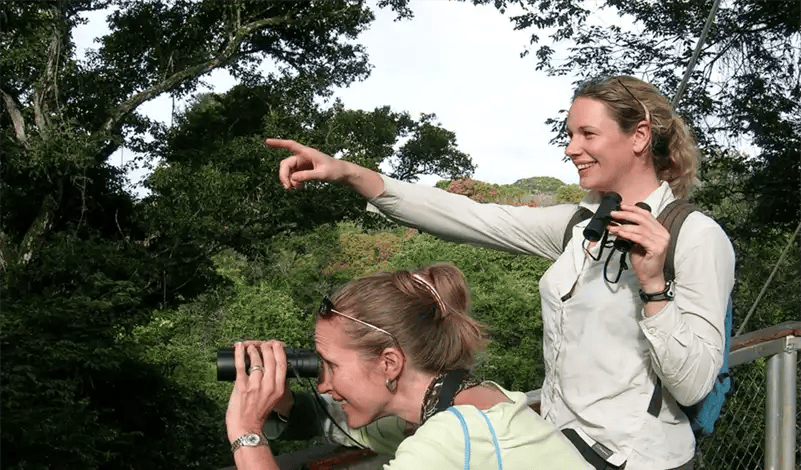

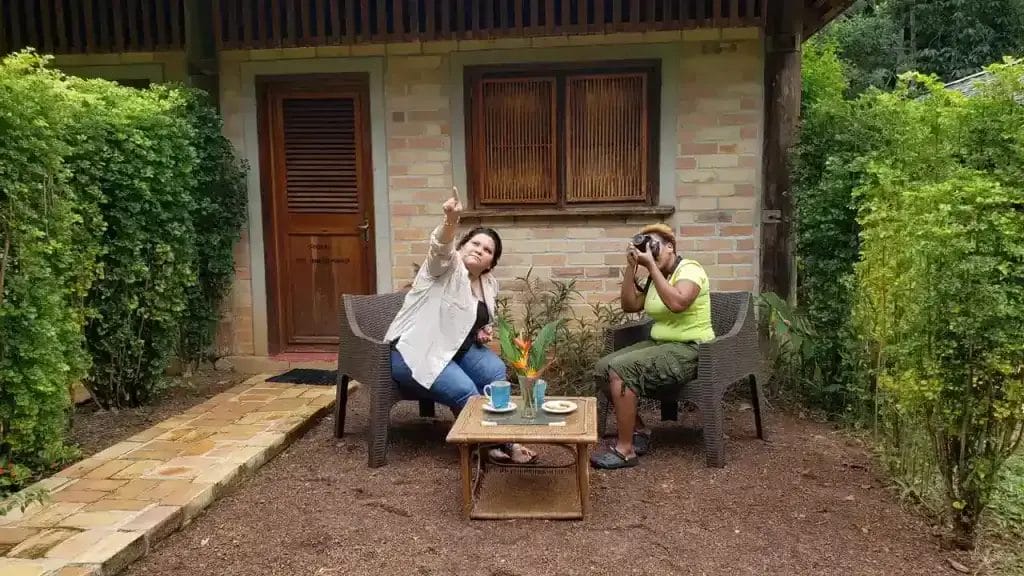



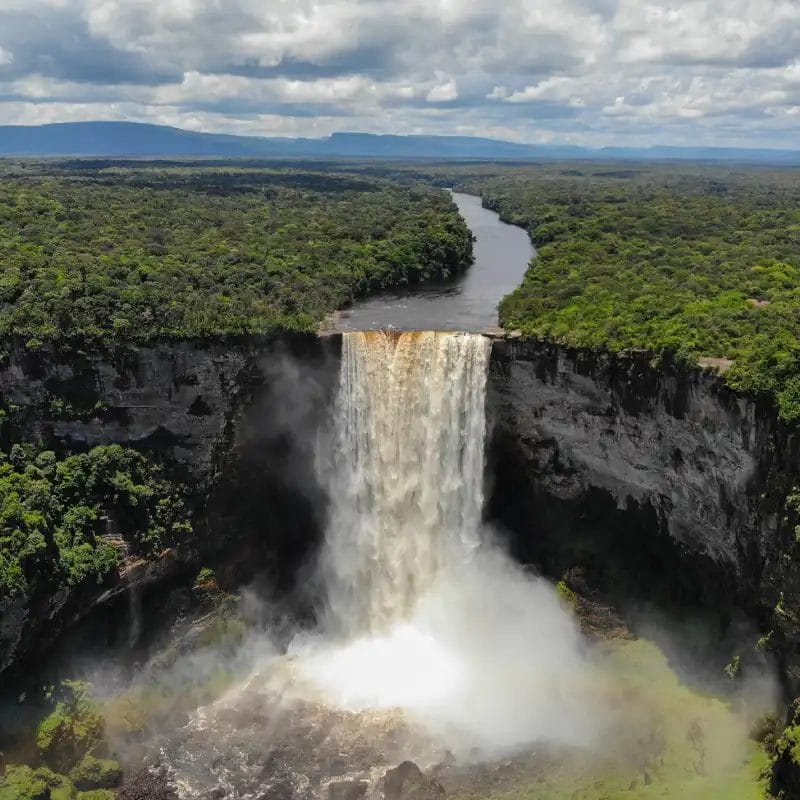
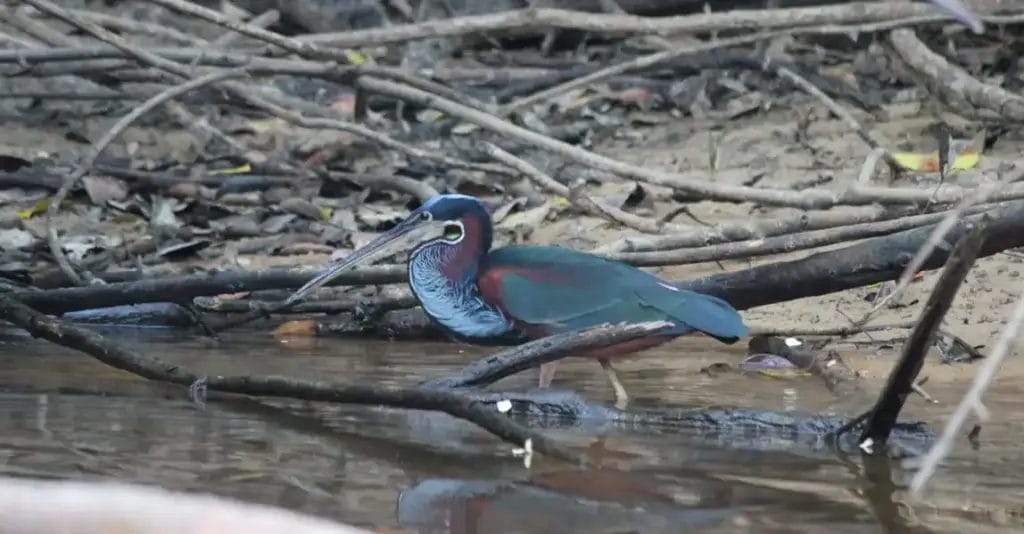
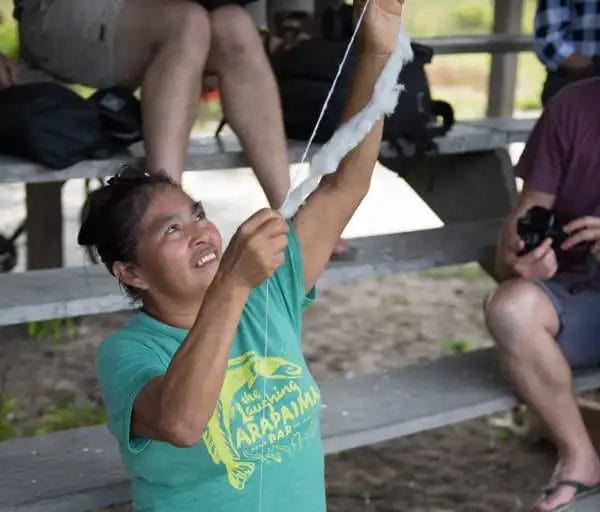
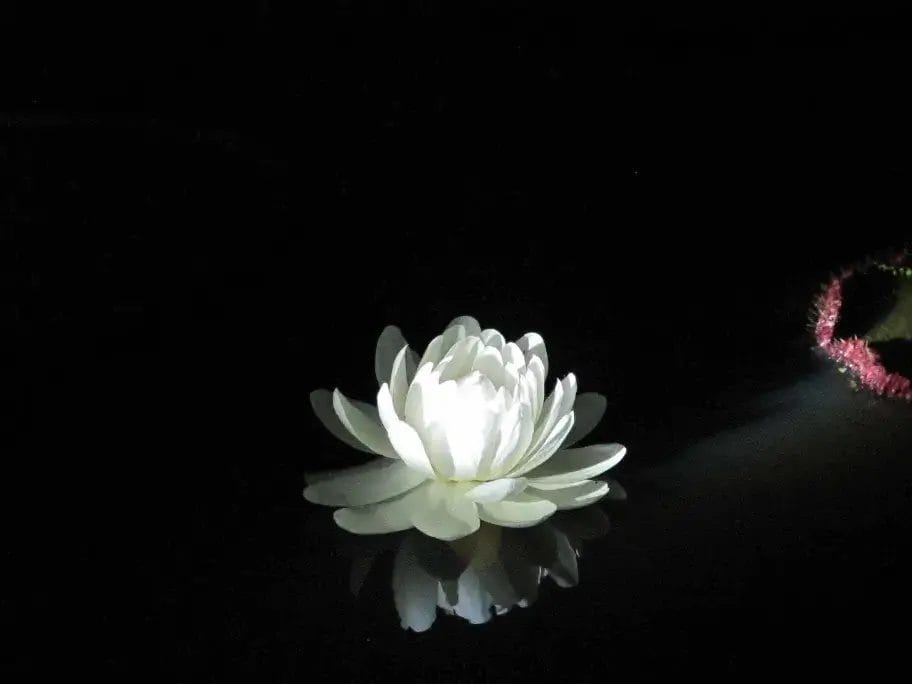
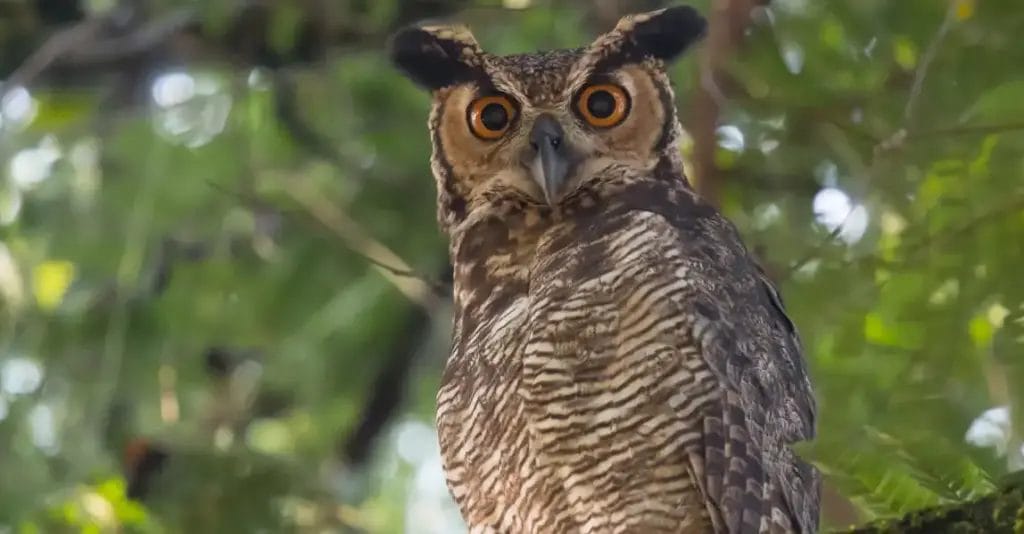
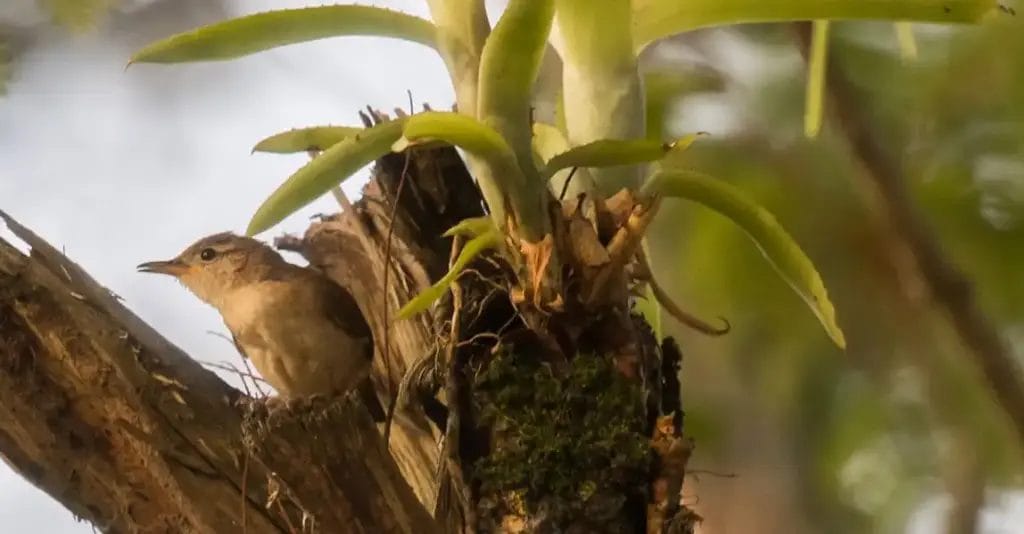

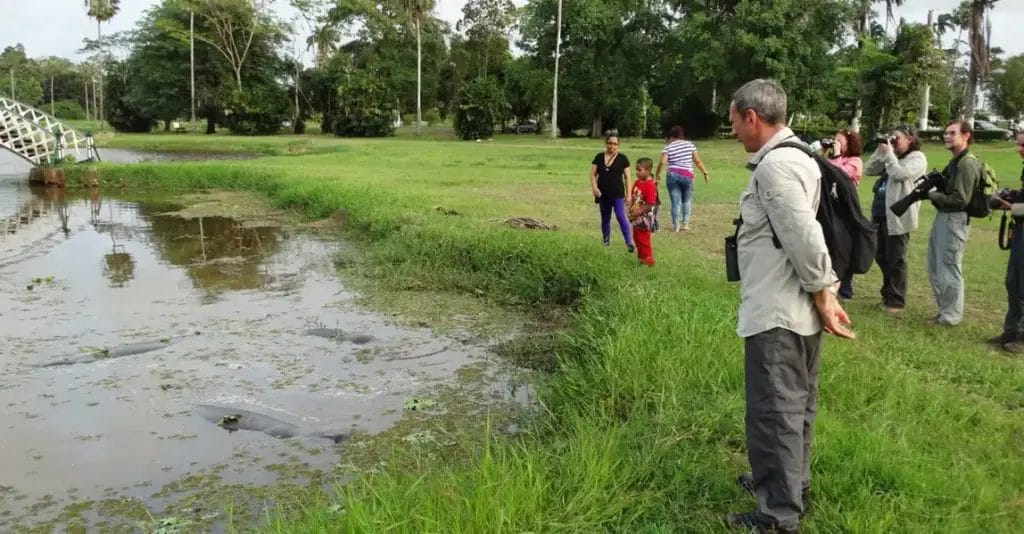
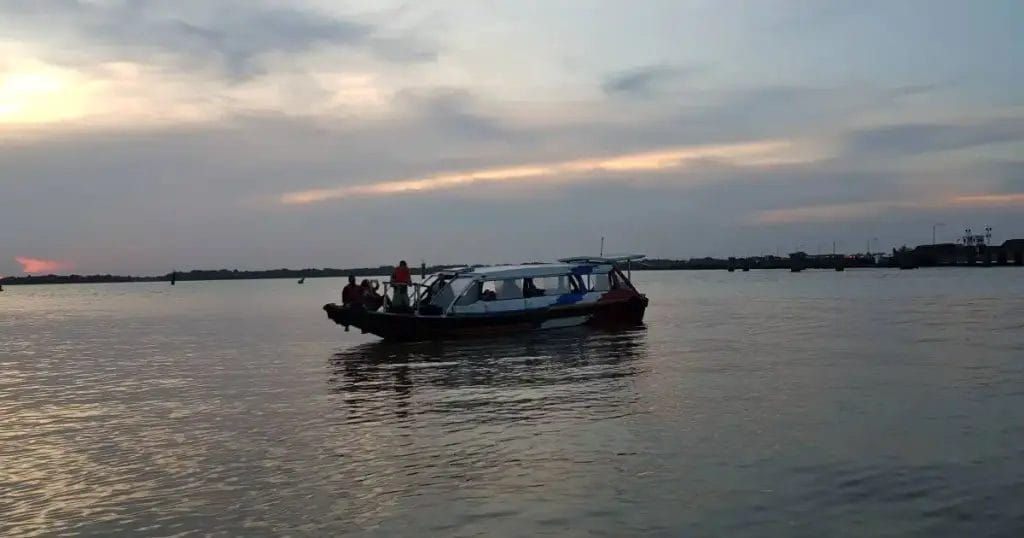

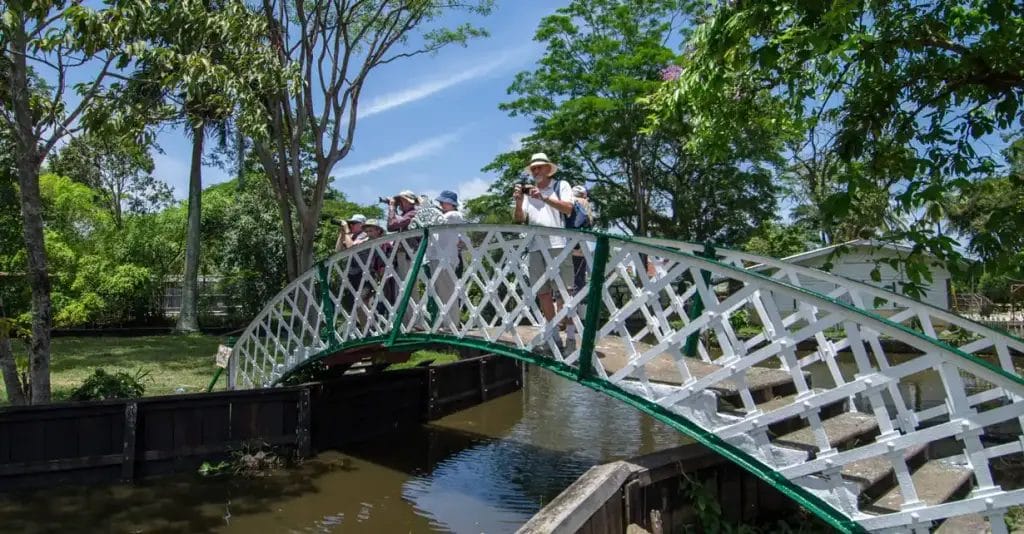

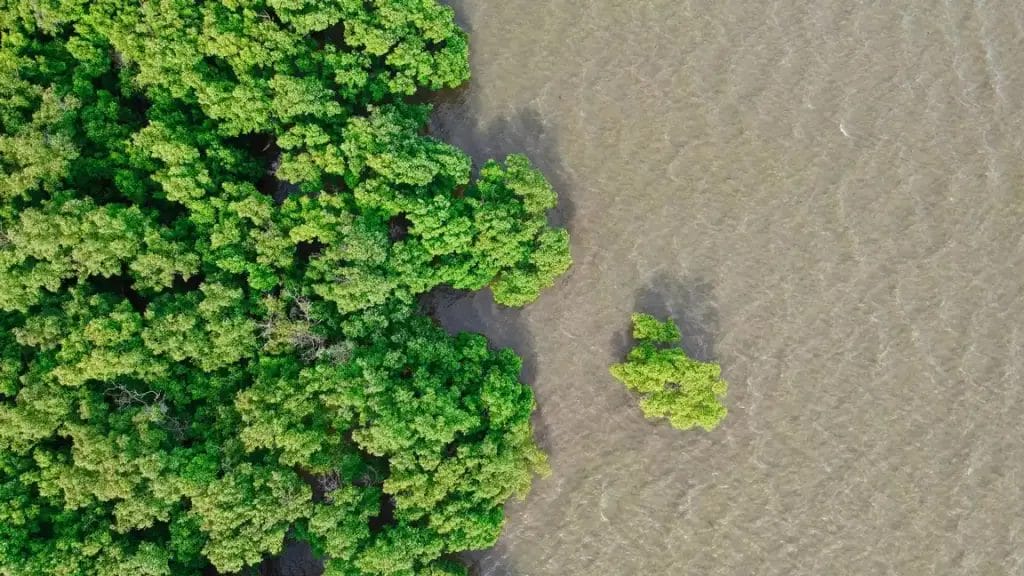
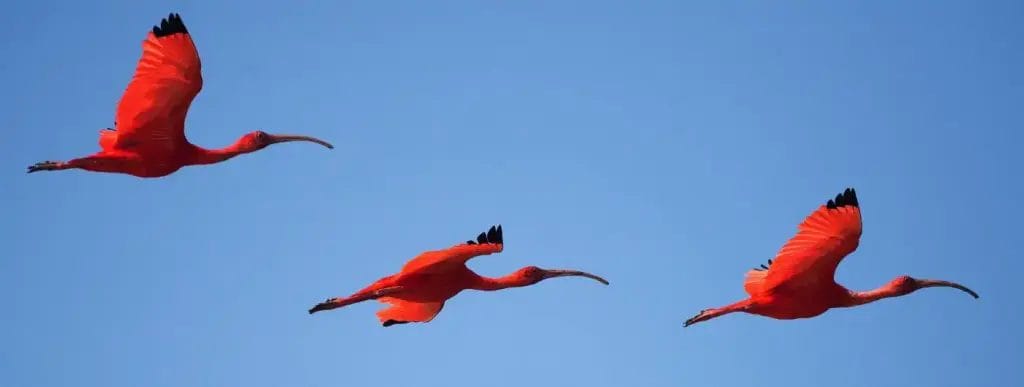
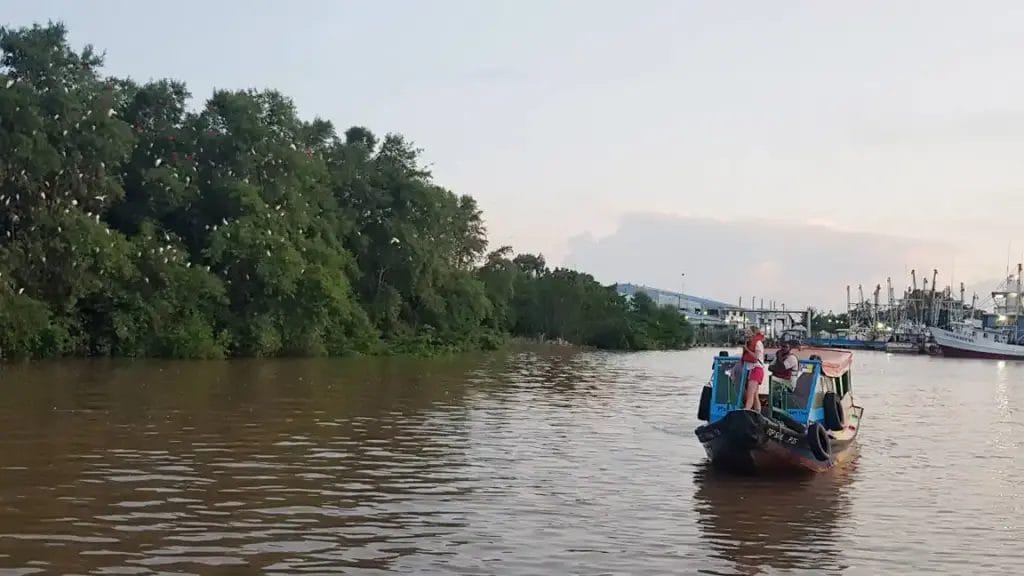
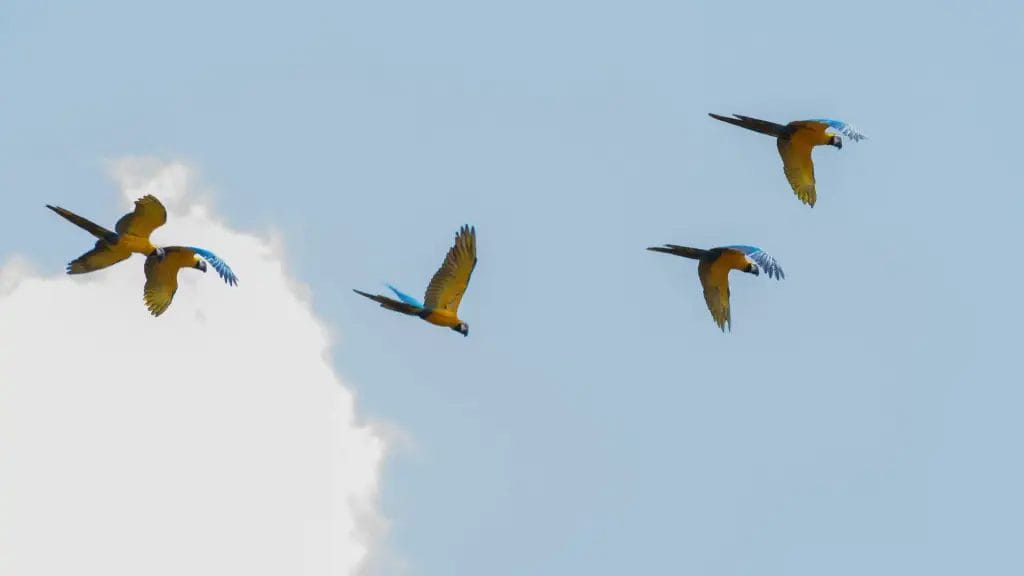

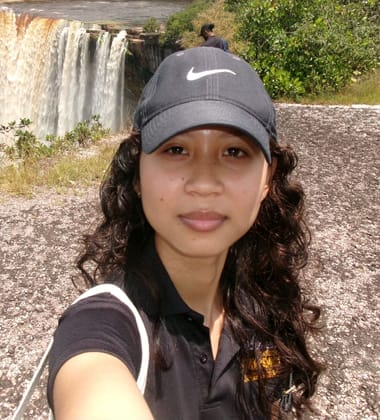
Write a Review